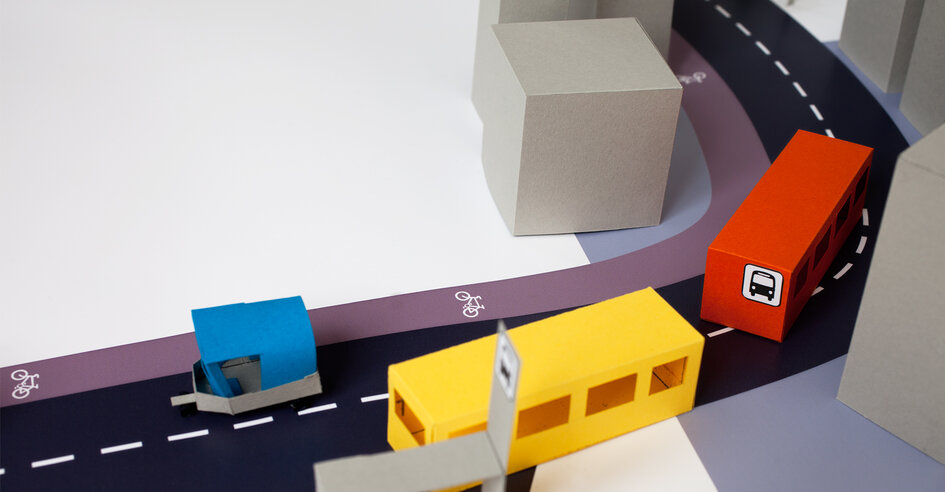Last Tuesday, March 8, YOURS – Youth for Road Safety Communications Manager, Maolin Macatangay, joined the International Transport Forum (ITF) panel on Women and Road Safety to answer the question of whether we are on track to meet SDG Target 3.6: reducing the number of road-related deaths and injuries by the year 2030.
Meeting SDG Target 3.6
The panel focused on including the gender perspective in efforts to meet the goal of reducing road-related deaths and injuries by 2030. The subject fits into the theme of the 2022 ITF Summit, Transport for Inclusive Societies, focusing on the Ministerial Roundtable happening this 19th May. The inputs from the panel will also be lobbied by global ministers during the High-Level Meeting on Road Safety happening in New York this July 2022.
Lotte Brondum from the Global Alliance of NGOs for Road Safety, Nneka Henry from the United Nations Road Safety Fund (UNRSF), Sirma Boshnakova from the Allianz Partners, Kate Barnes from TIER mobility, and Maolin Macatangay from YOURS – Youth for Road Safety made up the panel.

Each talked about their organization and what they were doing to meet the target as well as what efforts they are undertaking to ensure that transport and mobility are safe and accessible for women. The panel also talked about the messages they would like to pass onto high-level ministers, policymakers, and decision-makers, emphasizing the importance of having and involving more women in the transport sector.
Road safety as a youth and gender issue
During their interventions, the panelists discussed how the transport system often overlooks the needs of girls and women around the world. During her intervention, Lotte notes that this is often because different sectors are not included in the decision-making and project planning stages. “Women, youth, and members of our community must be involved in all stages of transport planning.

Maolin emphasized how road safety and sustainable mobility are youth and gender issues by highlighting the everyday experiences of young people.
“As a young person myself who doesn’t own a car and as also someone who lives in a low-to-middle-income country, I’ve experienced mobility in a different way. I’ve experienced what it’s like to commute and ride overloaded busses because I wanted to get home, I’ve experienced pollution because I had to walk from one place to the other, and, as a woman, I’ve felt unease when I went home at night.” – Mao Macatangay
She also talked about the importance of having youth and women represented within the transport sector to ensure that their needs are met. She also touched on the Policy Brief on SDG 5: Gender Equality released by the Youth Coalition which links road safety with gender.

